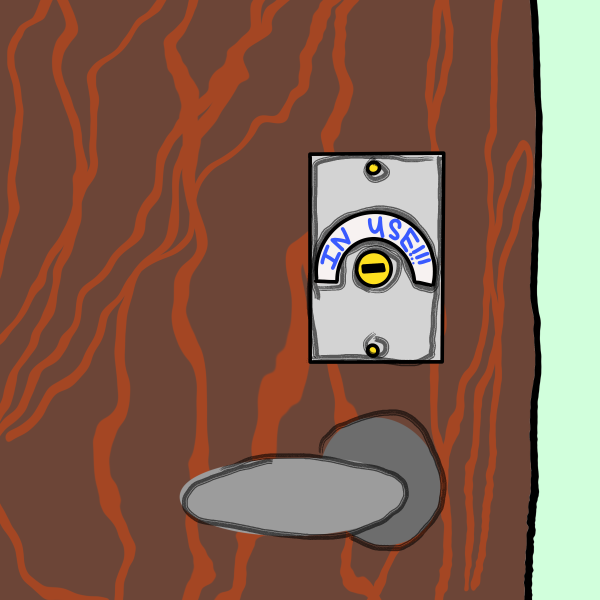Hanging on Trump’s cross of iron
The aftermath of the US strike on Syria leaves even interventionists wanting, warnings of the past ringing in our ears.
Merely a few hours after over one hundred missiles struck three targets in Syria on Apr. 13, President Trump took to Twitter with an unabashed “Mission Accomplished!” – the parallel assumably being lost between his statement and the now-infamous ‘Mission Accomplished’ speech Bush gave in 2003, declaring an end to combat operations in Iraq (despite the vast majority of casualties in the conflict happening thereafter, following the Iraqi Insurgency of that year). The statement on Trump’s part is not lost on much of the white populist base he courts, those who hold the traditional conservative populist value of anti-interventionism.
Regardless of one’s thoughts on the Assad regime, the chemical attack carried out in Douma on Apr. 7 or those carried out in Khan Shaykhun last April, the developments of the Trump administration’s foreign policy in Syria are certainly worth note. The parallels between idealized ‘limited temporary strategic interventions’ of the past should rightly be called into the foreground of our collective memory. An assessment published by the Pentagon three days after the US-UK-French missile strike on Damascus and Homs gives reason to doubt the president’s dismissive and congratulatory rhetoric. The regime’s production of sarin gas was likely hampered, but the future use of such weapons is far from ended. “They do retain a residual capability,” Lt. Gen. Kenneth F. McKenzie, Jr., the Joint Staff director, said, “[chemical weapons are] spread through the country.”
It’s unclear yet which weapons were used. But if it was indeed Tomahawk missiles, which have an estimated cost of $1.4 million each, that puts the minimum weapons cost at $165.2 million for the roughly 118 fired – a number not taking into account the cost of logistics, preparation, and intelligence which was surely prepared in the week prior to the strike. On social media, many compared this staggering budget spent on an airstrike to the ongoing Flint Water Crisis, with the New York Times reporting that the cost of replacing all of the city’s water piping would be $55 million – less than half of the cost of a two-minute rocket strike. This overextension and bloating of the monstrous ‘peacetime’ military is, oddly enough, most succinctly expressed by a military mind. Republican President Dwight Eisenhower spoke in 1953:
“Every gun that is made, every warship launched, every rocket fired signifies, in the final sense, a theft from those who hunger and are not fed, those who are cold and are not clothed. This world in arms in not spending money alone. It is spending the sweat of its laborers, the genius of its scientists, the hopes of its children. The cost of one modern heavy bomber is this: a modern brick school in more than 30 cities. It is two electric power plants, each serving a town of 60,000 population. It is two fine, fully equipped hospitals. It is some 50 miles of concrete highway. We pay for a single fighter with a half million bushels of wheat. We pay for a single destroyer with new homes that could have housed more than 8,000 people. This, I repeat, is the best way of life to be found on the road the world has been taking. This is not a way of life at all, in any true sense. Under the cloud of threatening war, it is humanity hanging from a cross of iron.”
Like most presidents, Ike is equal parts admirable and damnable. It seems so consciously clear he was aware of what was coming – of the nightmare jingoistic state envisioned by Orwell in a book published just four years prior. Even so, it was his administration which normalized an immense peacetime military budget. His farewell address, given as he departed in 1961, seems more of a desperate warning at the bellowing beast he himself had helped to create. “Now this conjunction of an immense military establishment and a large arms industry is new in the American experience … we must not fail to comprehend its grave implications. In the councils of government, we must guard against the acquisition of unwarranted influence, whether sought or unsought, by the military-industrial complex.”
When the Arab Spring began in late 2010, the defense contractor Raytheon was sitting at a stock value of $49.48 a share. Raytheon is the company which primarily designs, manufactures, and sells Tomahawk subsonic cruise missiles to the US military. Eight years later, a share in the corporation is priced at $222 – a value increase of 348%.





